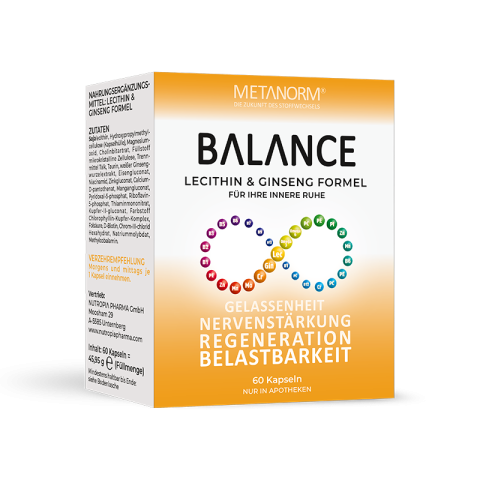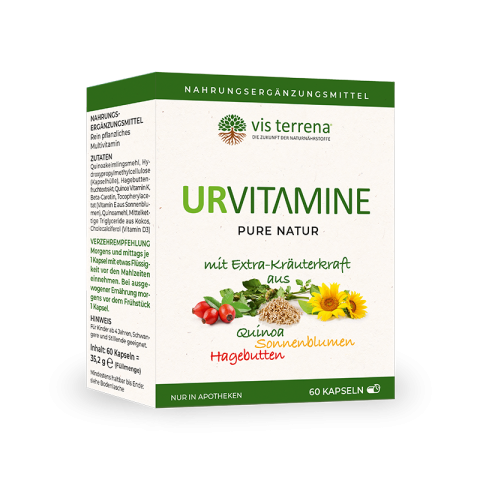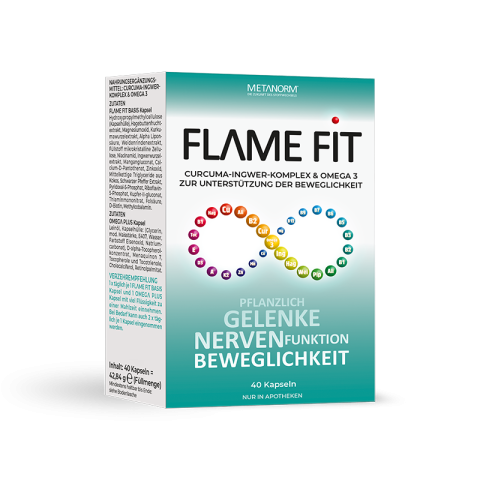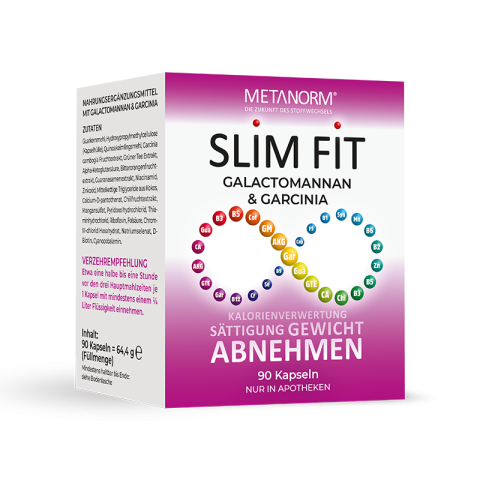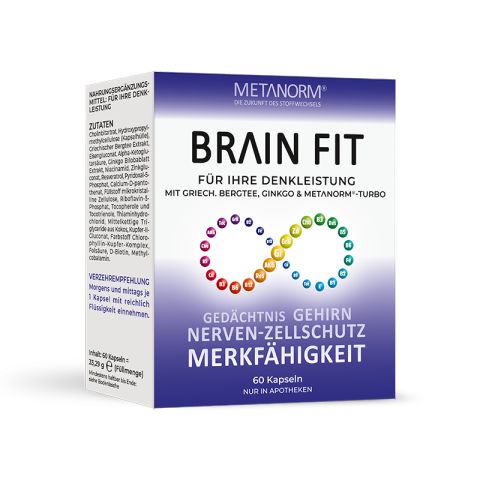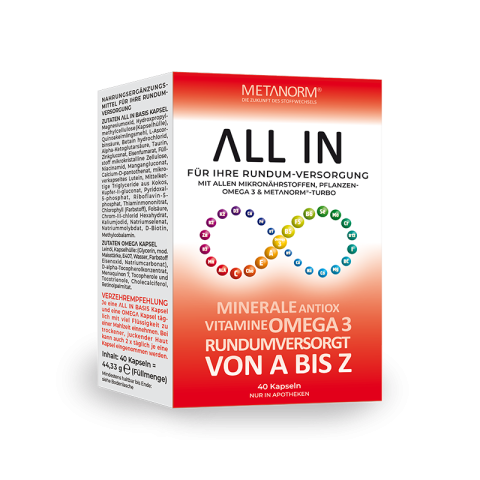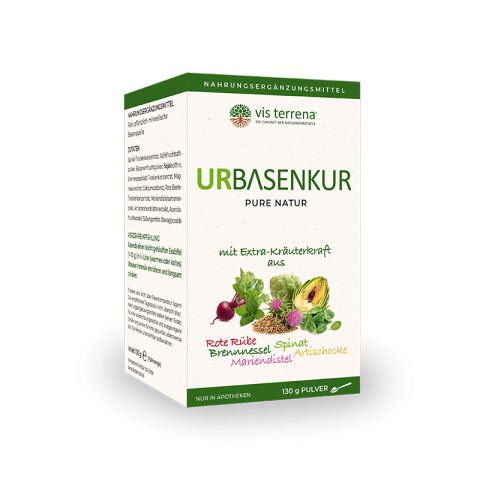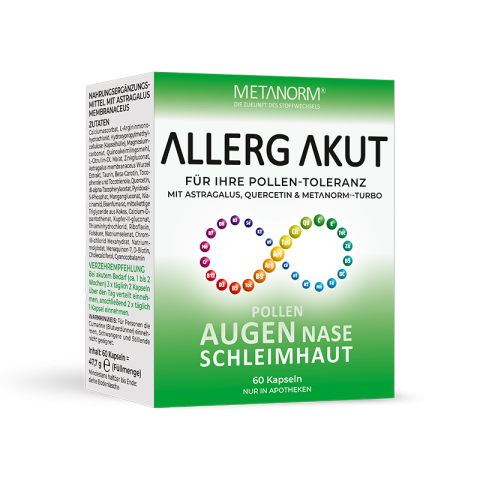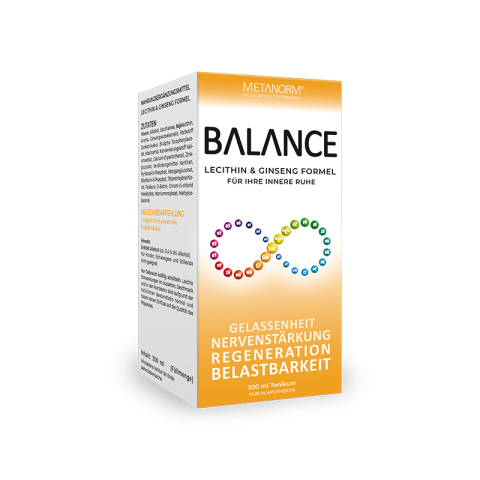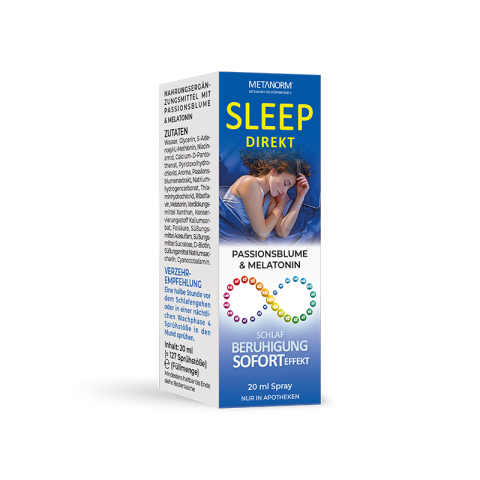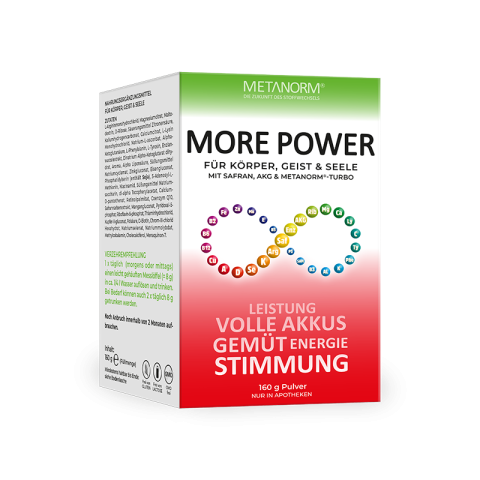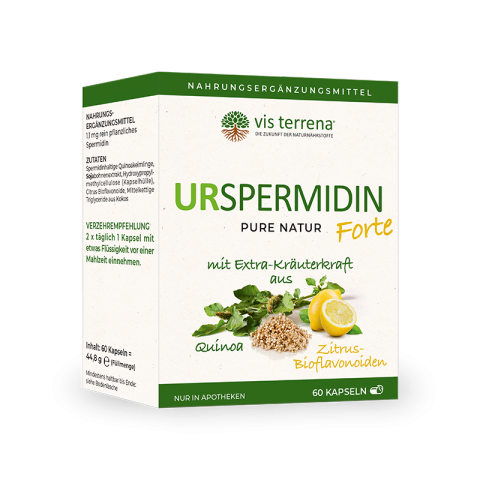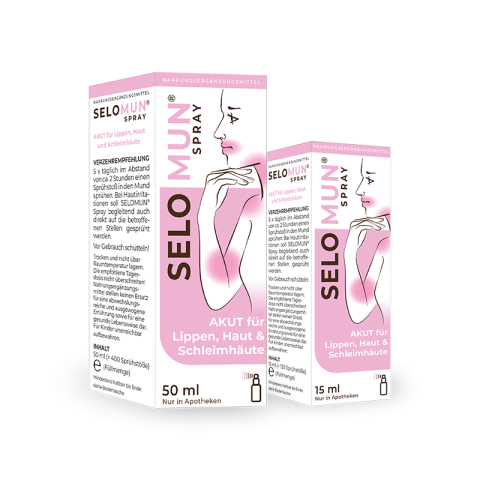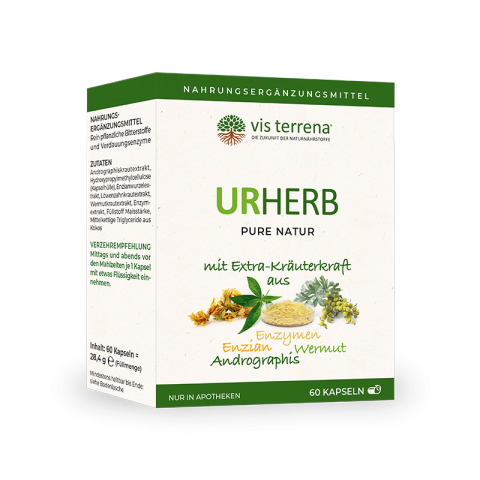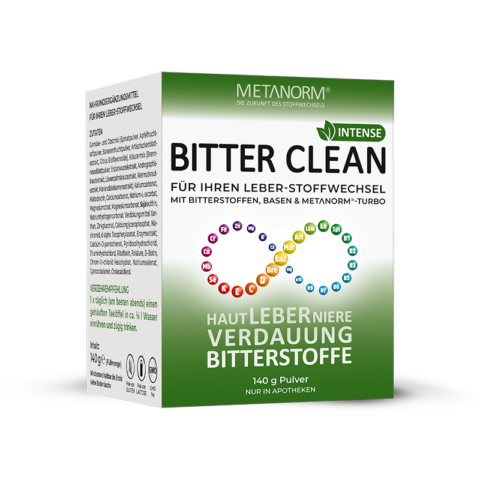
Home Office, Heimunterricht, Kinderbetreuung, Haushalt & Co
Families in crisis. In times like these, it can be a challenge to manage the balancing act between working from home, home schooling, childcare, household and family.
Mit B-Vitaminen dem Stress im Alltag entgegenwirken!
- Aufgaben der Lehrer trudeln ins Postfach
- E-Mails von der Arbeit poppen auf uns sollen bearbeitet werden
- Die Waschmaschine piept – die Wäsche ist fertig
- Der Rauch von angebranntem Essen zieht durch die Wohnung
- Der Kühlschrank sollte wieder aufgefüllt werden
All diese täglichen Aufgaben, die gemeistert werden sollen, können uns an die Grenzen der Belastbarkeit bringen und zu Stress, Zeitdruck und Erschöpfung führen.
Einen allgemeinen Lösungsvorschlag für diese herausfordernde Zeit, gibt es nicht. Sehr wohl aber eine Möglichkeit, ihren Körper psychisch zu stärken, belastbarer zu werden und um wieder zu mehr Energie zu finden.
Erfahren Sie wie Sie Ihren Körper unterstützen können, mit Stresssituationen besser fertig zu werden, Stress im Alltag zu minimieren und die Leistungsfähigkeit mittels B-Vitaminen zu erhöhen.

B-Vitamine sind unerlässlich für Psyche, Belastbarkeit und Energie!
Die Notwendigkeit, B-Vitamine aufzunehmen, ist allgemein bekannt. Weniger bekannt ist, welche B-Vitamine es gibt und wofür man diese benötigt.
Sämtliche B-Vitamine zählen zu den wasserlöslichen Vitaminen. Das bedeutet, dass der Körper überschüssiges Material ausscheiden kann, während fettlösliche Vitamine nicht ausgeschieden werden können. Auf der anderen Seite können wasserlösliche Vitamine nicht über einen längeren Zeitraum im Körper gespeichert werden. Daher sind wir auf eine regelmäßige Zufuhr aller wasserlöslichen Vitamine angewiesen.
Welche B-Vitamine gibt es?
Erfahren Sie in den Tipps unterhalb, wie sich Vitamin B Mangelerscheinungen äußern, in welchen Lebensmitteln sich welche B-Vitamine befinden und wie Sie damit Ihren Körper unterstützen, das Energielevel zu erhöhen und so Stress zu minimieren.
Thiamin oder Vitamin B1
Vitamin B1 hat sowohl eine wichtige Funktion im Stoffwechsel der Kohlenhydrate, als auch in der Funktionalität des Nervensystems.
Das bedeutet, dass durch Thiamin einerseits die Energiereserven aufgefüllt werden, andererseits aber auch die psychische Belastbarkeit verbessert wird.
Was passiert bei einem leichten Vitamin B1-Mangel?
Es kommt zu Störungen im Herz-Kreislaufsystem und neurologischen Problemen wie Konzentrationsmangel, Depression, erhöhte Reizbarkeit und Angstzuständen.
Was sind wichtige Thiamin-Quellen?
Vollkornprodukte, Weizenkeime, Vollkornmehle, Schweinefleisch, Nüsse und Mandeln.
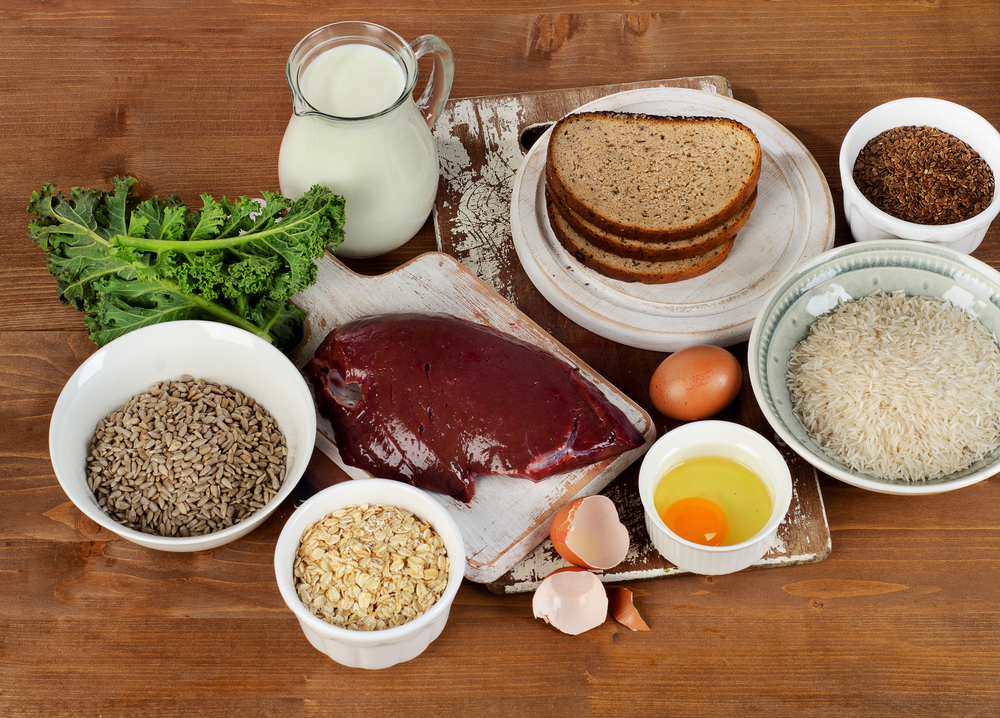
Riboflavin oder Vitamin B2
Vitamin B2 ist wichtig im Energiestoffwechsel, im Stoffwechsel von Eiweiß und Fetten.
Zusätzlich ist Riboflavin ein starkes Antioxidans und ist auch an der Bildung von Nervenbotenstoffen (Neurotransmittern) beteiligt. Aber auch die Haut, die Schleimhäute und die Augen profitieren von einer regelmäßigen Riboflavin-Aufnahme.
Wie äußert sich ein Vitamin B2-Mangel?
Vor allem in Veränderungen des Hautbildes und Augenproblemen wie Glaskörpertrübung und Grauem Star.
In welchen Lebensmitteln findet man Riboflavin?
In tierischen Innereien, Milchprodukten, Vollkorngetreide und Getreidekeimen.
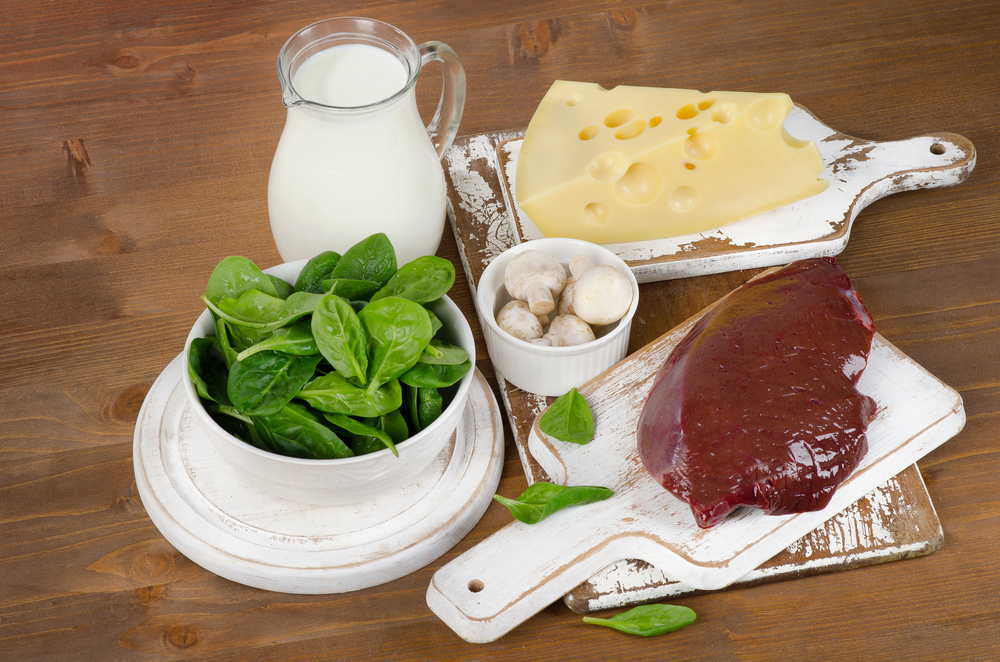
Niacin oder Vitamin B3
Vitamin B3 ist am Aufbau und Abbau von Kohlenhydraten, Fetten und Eiweiß beteiligt. Außerdem unterstützt Niacin die Haut und die Entgiftungsfunktion der Leber.
Wie zeigt sich ein Vitamin B3-Mangel?
Ein Vitamin B3-Mangel äußert sich sowohl in Hautveränderungen, als auch in Müdigkeit, Gereiztheit, Schlaflosigkeit und Angstzuständen.
Welche Lebensmittel sind Niacin-reich?
Tierleber, Erdnüsse, Fische, Erbsen und getrocknete Marillen weisen einen hohen Niacingehalt auf.
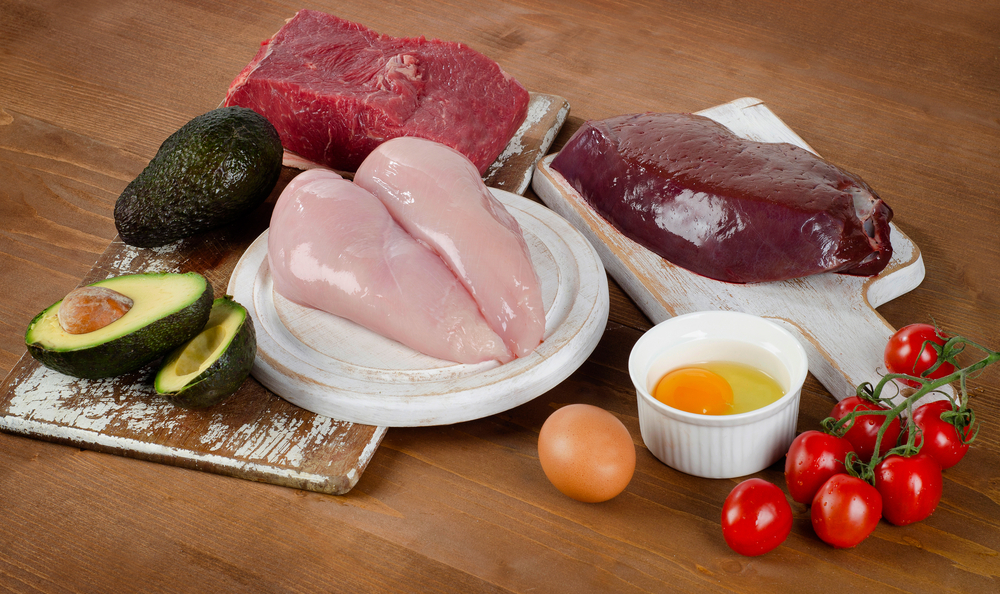
Pantothensäure oder vitamin B5
Vitamin B5 hat eine große Bedeutung im Energiestoffwechsel und ist beteiligt an der Bildung des Nevenbotenstoffes Acetylcholin. Dieser ist vor allem für die Konzentration und Merkfähigkeit notwendig. In Stresszeiten wird vermehrt Pantothensäure verbraucht, daher wird Vitamin B5 auch als „Antistress Vitamin“ bezeichnet.
Wie macht sicht ein Pantothensäure-Mangel bemerkbar?
Dieser äußert sich in Müdigkeit, Abgeschlagenheit und brennenden Schmerzen an Zehen und Fußsohlen.
Was sind gute Panthothensäure-Quellen?
Heringe, Eigelb, Leber, Weizenkleie und Champignons.

Pyridoxin oder Vitamin B6
Vitamin B6 ist ein Bestandteil des Aminosäurestoffwechsels, wird benötigt für die Bildung von Nervenbotenstoffen, fördert den Abbau von gefäßschädigendem Homocystein und unterstützt die Bildung des Hämoglobins (roter Blutfarbstoff).
Welche Symptome kann ein Vitamin B6-Mangel aufweisen?
Interessant ist, dass ein Vitamin B6-Mangel sich auch in Traumlosigkeit äußern kann. Zudem kann es auch zu Depressionen, Angstzuständen, Schlaflosigkeit, Anämie, Migräne und Hautentzündungen kommen.
Welche Lebensmittel weisen einen guten Pyridoxin-Gehalt auf?
Pyridoxin findet man vor allem in Bierhefe, Lachs, Rinderleber, Sojabohnen, Vollkornhafer und Walnüssen.

Biotin oder Vitamin B7
Biotin ist bekannt als „Haut-Haare-Nägel“-Vitamin. Es ist aber auch für den Energiestoffwechsel und das Nervensystem von großer Bedeutung.
Wie bemerke ich einen Biotin-Mangel?
Durch Probleme mit der Haut, Mattigkeit, Panikattacken und Haarausfall.
Welche Lebensmittel liefern hohe Biotin-Mengen?
Leber, Hefe, Soja und Ernüsse sind gute Biotin-Quellen.
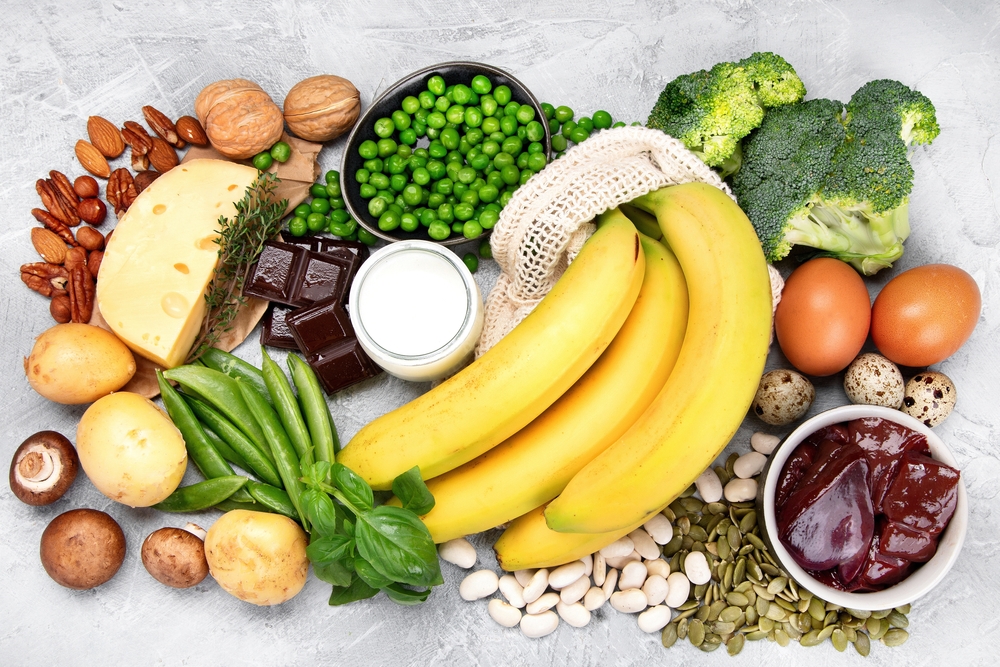
Folsäure oder Vitamin B9
Folsäure ist notwendig für die Bildung von Nervenbotenstoffen, für den Eiweißstoffwechsel, für die Fruchtbarkeit, für das Wachstum von Babys im Mutterlaib aber auch nach der Geburt, für die Blutbildung und für einen vollständigen Abbau von gefäßschädigendem Homocystein.
Wie erkennt man einen Folsäure-Mangel?
Einen Folsäure-Mangel erkennt man in Veränderungen des Blutbildes. Ein Mangel erhöht, durch verminderten Homocysteinabbau, das Risiko von Herzinfarkt und Schlaganfall. Zusätzlich kann ein Folsäure-Mangel Missbildungen des Fötus, Depressionen und psychische Störungen fördern.
Wie kann ich meinen Folsäure-Vorrat wieder auffüllen?
Indem man zu guten Folsäure-Quellen wie Leber, Sojabohnen, Haferflocken, Eiern und grünen Gemüsesorten (Brokkoli, Spinat,…) greift.
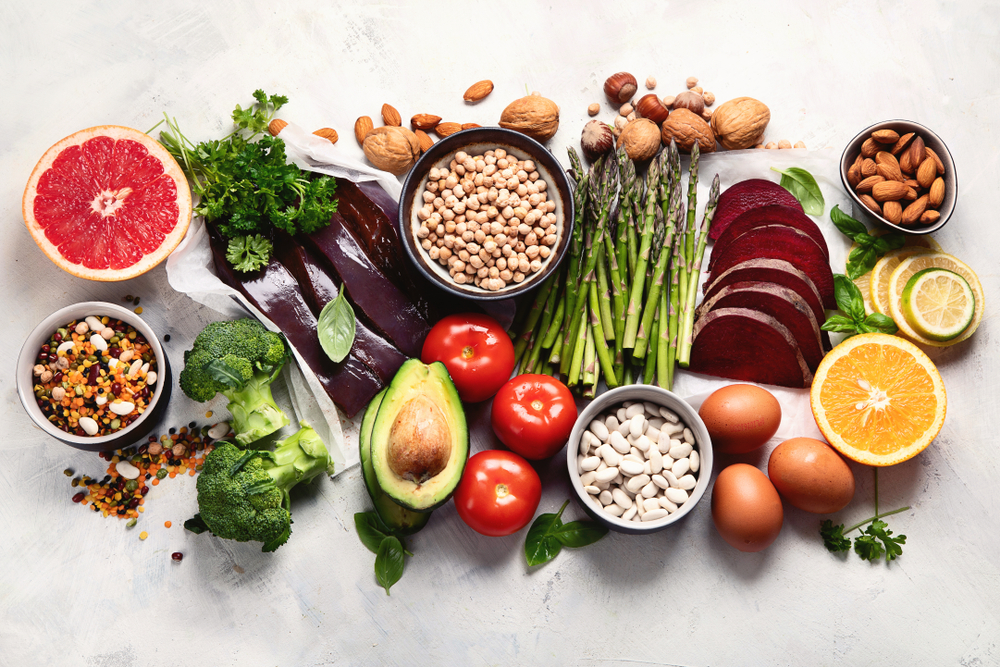
Cobalamin oder Vitamin B12
Cobalamin ist ebenso wie Folsäure am Homocysteinabbau beteiligt. Zusätzlich hat es noch eine Bedeutung für das Immunsystem, die Eiweißverwertung, die Blutbildung und den Aufbau des Nervengewebes. Da Vitamin B12 von Pflanzen nicht gebildet werden kann, ist die Versorgung über die Nahrung bei veganer Ernährung nicht ausreichend. Deshalb ist zu überlegen, ob der Bedarf an Vitamin B12 durch die Einnahme von Nahrungsergänzungsmitteln gedeckt werden sollte.
Was sind Anzeichen für einen Cobalamin-Mangel?
Ein Mangel äußert sich in Veränderungen im Blutbild, Empfindungsstörungen, Gedächtnisstörungen und Funktionsausfällen im Bereich der Nerven.
Wo kommt Vitamin B12 vor?
Vor allem in tierischen Innereien, Hering, Eiern und Käse ist ein großer Anteil an Vitamin B12 zu finden.
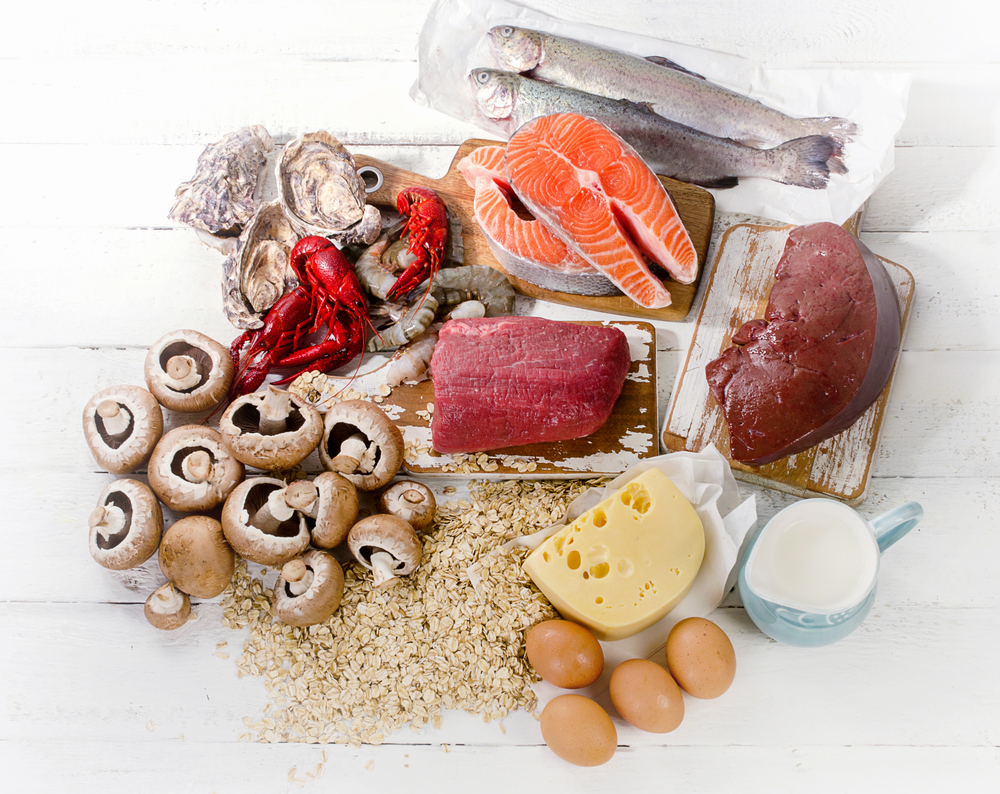
Zusammengefasst lässt sich feststellen, dass die B-Vitamine nur in ihrem gesamten Zusammenspiel ihre Wirkung auf die Psyche, aber auch auf Energie und Konzentrationsfähigkeit entfalten können. Eine ausreichende Versorgung ist daher, wie im Wort „vita“ (= Leben) bereits enthalten, für uns lebensnotwendig!
Von großer Bedeutung ist auch, dass der Bedarf an B-Vitaminen in der Schwangerschaft und Stillzeit erhöht ist. Versuchen Sie, Vitamin-B reiche Lebensmittel möglichst häufig in Ihren Speiseplan einzubauen, um Ihren Fettstoffwechsel, Eiweißstoffwechsel und Zuckerstoffwechsel anzukurbeln und Erkrankungen vorzubeugen.
Allerdings ist es oftmals schwierig, trotz einer ausgewogenen Ernährung mit Gemüse, Fleisch, Hülsenfrüchten, Vollkornprodukten eine optimale Aufnahme von B-Vitaminen zu erzielen. Deshalb wird empfohlen, neben der Ernährung zusätzlich B-Vitamine in Form von Nahrungsergänzungsmitteln aufzunehmen. Achten Sie bei Ihrer Wahl darauf, dass die Nahrungsergänzungsmittel den gesamten B-Komplex enthalten!
Neueste Studien belegen, dass die Aufnahme natürlicher Vitamine und Vitaminoiden (vitaminähnlicher Substanzen) effizienter ist, als die Aufnahme von im Labor hergestellten Vitaminen.

Zielgerechte Gesundheitsverbesserung durch fortschrittliche Mikronährstoffpräparate. Mit unseren Produkten keine Utopie, sondern bereits erprobte Realität.
